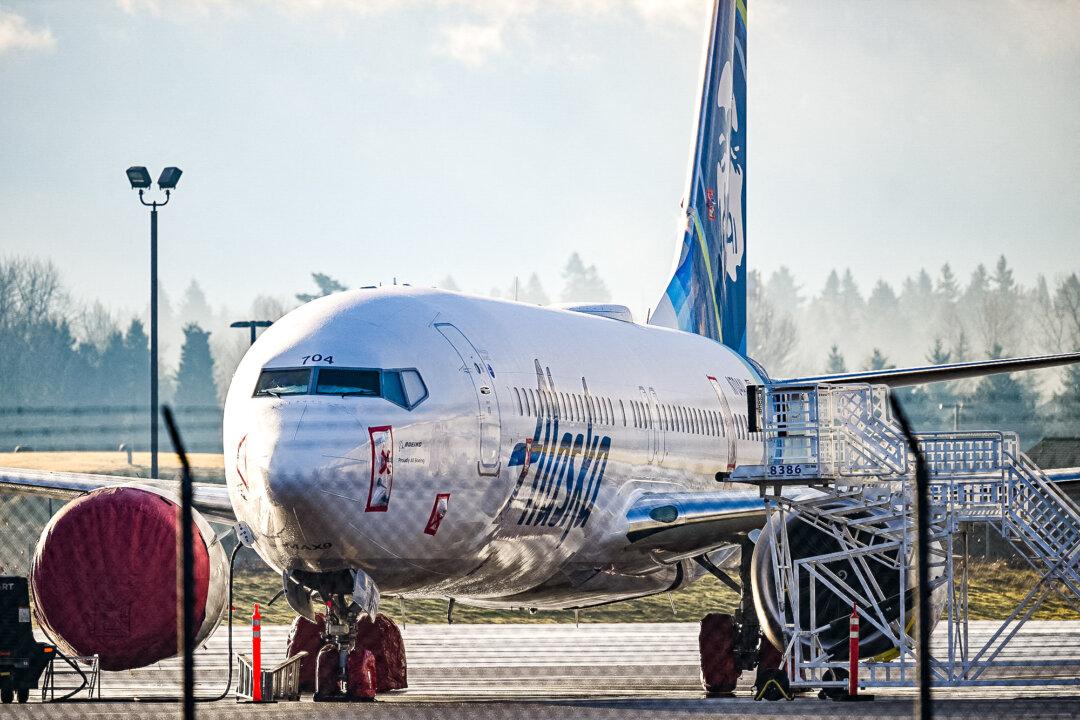Boeing will rework about 50 undelivered aircraft after engineering issues came to light with the new planes, the company said on Feb. 4 amid heightened scrutiny following an accident last month.
In a message to employees, the Arlington, Virginia-based planemaker stated that CEO Stan Deal would spend “several days” at its Renton, Washington, factory inspecting some undelivered planes for potential quality issues. A supplier recently notified Boeing of engineering issues in the fuselages of certain 737 MAX aircraft.





